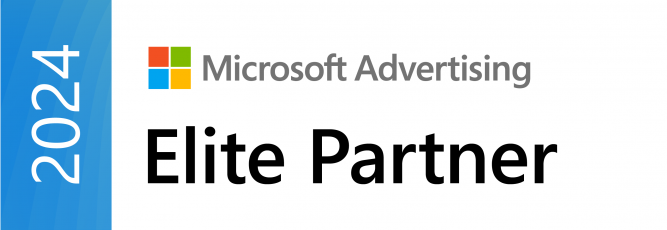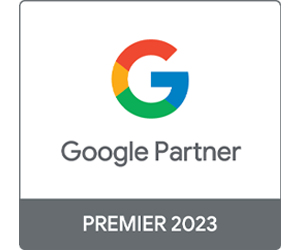
Perhaps one of the most important factors of success when it comes to PPC campaigns is having achievable KPIs. If you set the bar too high, it’s highly likely that you’ll fall short of your goals and waste valuable budget and resources.
Perhaps one of the most important factors of success when it comes to PPC campaigns is having achievable KPIs. If you set the bar too high, it’s highly likely that you’ll fall short of your goals and waste valuable budget and resources.
In an ever-competitive and evolving digital environment, it’s important that you set clear KPIs for PPC campaigns to get the results you need. If you’re new to the world of PPC advertising or you haven’t updated your KPIs in some time, it can often be difficult to know where to start when it comes to setting these benchmarks.
Luckily, we are here to help! With years of experience in providing leading PPC management services to a variety of businesses, we’re able to provide valuable insight into how you can set achievable KPIs for your PPC campaigns. Keep on reading to find out more.
In the world of PPC, KPIs (key performance indicators) refers to the campaign metrics you’ve identified as the most important. This is because they measure and represent the true success of your PPC campaigns. When accurately tied to the overall goals of your campaign, these KPIs can help you to understand what actions you need to take to reach your goals.
For example, if the goal of your PPC campaign is to drive a high volume of sign-ups via your website form, your KPI should be the sign-up conversion.
KPIs for PPC campaigns are closely aligned with the overall goals of your campaign, therefore they’re important because they help to keep your goal in mind when making decisions that may impact your campaigns. Therefore, it’s important to know both the goals and the objectives of your campaign before you begin setting your KPIs.
Essentially, without clearly defined goals, you can’t take the necessary steps to measure success and provide value to your business.
Now that you know why they’re so important, it’s time to decide on the right KPIs for your PPC campaign. Below are four simple steps you can follow to help you choose the most appropriate KPIs:
To summarise, the KPIs you choose for your campaigns will work towards evaluating the success or failure of your campaigns. Therefore, they should be chosen carefully. This means identifying the objectives and goals of the campaigns before the KPIs are defined.
Now that you have better insight into how you should be defining your KPIs for PPC campaigns, we’ve put together a list of the top 10 most important PPC KPIs you should be tracking:
If you’re looking to outsource your PPC management to a leading PPC services provider, get in touch with Diginius today. Our expert team can help you to set achievable KPIs for your PPC campaigns and work closely with you to get you the results you need.







© 2024 Diginius Ltd. All rights reserved.

Chester Yang is the Microsoft Program Manager at Diginius with a background in economics and quantitative research.
At Diginius, Chester focuses on nurturing partnerships with PPC agencies and integrating marketing and sales solutions.